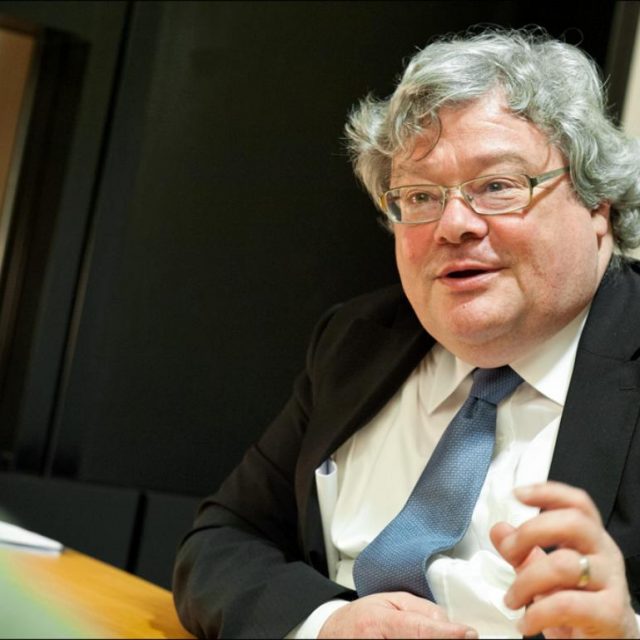The Freedom of Religious Belief (FORB) is a fundamental right in the countries of the European Union. However, social hostility towards certain religious groups is also widespread and threatens social cohesion, writes Willy Fautré Director of Human Rights Without Frontiers.
The phenomenon is not new. In the 1980s-1990s, non-mainstream religious groups such as Jehovah’s Witnesses or Hare Krishna devotees and their members were stigmatized and demonised but nobody cared.
Anti-Semitism has unfortunately a long history in Europe and it is seriously combated. In France, anti-Semitic incidents decreased in 2016 and 2017 but increased by 74% in 2018. In Belgium, Mehdi Nemmouch, who attacked a Jewish Museum in Brussels in 2014 and killed four Jewish people, was sentenced to life imprisonment last month. Anti-Semitism is usually attributed to extreme-right and neo-nazi activists but in the name of Islam, some are now attacking Jewish civilians.
Muslims in our societies suffer from discrimination and social hostility and this fuels anger among young people, which makes them vulnerable to victimising discourses and radicalisation.
The recent attacks against two mosques in New Zealand which killed 50 Muslims and injured dozens more should be a warning that extreme-right activists can also be perpetrators of massacres. Now, they seem to be “lone wolves” but we should not underestimate the threat of growing far-right terrorism.
On 29 January 2017, anti-Muslim fanatic Alexandre Bissonnette killed six men at a mosque in Quebec City, Canada. He was sentenced to life inprisonment.
On 19 June 2017, far-right terrorist Darren Osborne killed one person in north London after he plowed a van into a group of Muslims near the Finsbury Park Mosque.
On 5 August 2017, a bomb went off in a mosque in Bloomington (Minnesota) as the congregation were gathering to pray. Luckily, no one was killed. One of the three suspects told authorities he bombed the mosque to “scare” Muslims “out of the country.”
In 2018, three men planned to detonate four vehicles filled with explosives to level an apartment complex in Garden City, Kansas, that also accommodated a mosque. The complex was home to many Somali refugees, and the three men not only expressed hatred for them, but also for all Muslims in general. The three men were sentenced earlier this year to at least twenty-five years in prison.
Far-right ideologies are a plague in society and we must seriously seek remedies for this problem.
Human Rights Without Frontiers is planning to build a coalition of NGOs to grant an annual award to MEPs who will fight against religious intolerance and discrimination in the EU and will promote freedom of religion or belief outside the EU.
In many countries the Freedom of Religious Belief is dramatically restricted and people are in prison because of their religious identity or for practicing their faith peacefully. I seize this opportunity to say that today we launched an online interactive Database of over 4000 prisoners belonging to a wide range of religious and belief groups around the world.
The author, Willy Fautré , is the Director of Human Rights Without Frontiers.




